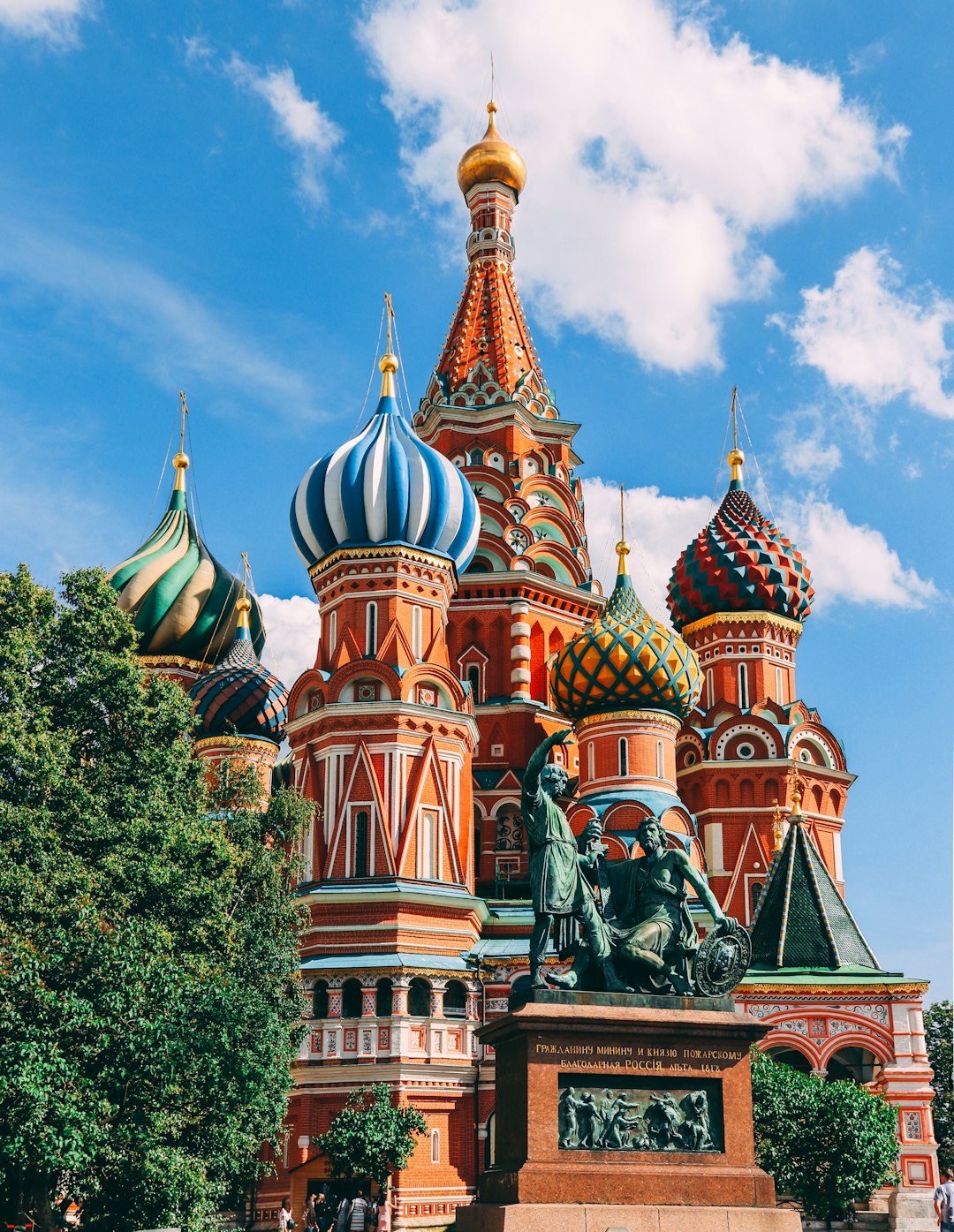How Russia rose from its ashes to become a new Superpower
How a bankrupt soviet state rose to be a present-day superpower
The economy's future was described in catastrophic terms shortly after the financial crash in August 1998. There has been "a positive turnaround in all the measures of the so-called 'virtual' economy" since the crisis, according to the argument. The question therefore becomes whether or not the virtual economy paradigm is still relevant in Russia. The rebound came as a result of the windfall created by the exchange rate shock and the rise in world market prices for Russia's exports of oil and other natural resources, rather than any fundamental shift in the conduct of Russian businesses. This means that, while post-crisis circumstances have provided Russia with a window of opportunity, it is likely to close before any meaningful structural changes can take hold.

The ruble's actual worth was only approximately 36% of its immediate pre-crisis value at the end of 1998, thanks to a nominal depreciation that outpaced the subsequent inflation rate. Given the severe real devaluation, it is unsurprising that Russia has begun to show indications of recovery. The continuous increase in investment looks to be even more encouraging. Investment increased by 17 percent between January and August 2000, compared to the same period the previous year. The key question is whether this investment is a sign of reorganization. A recent debate on reform in the region provided an enlightening assessment of how the export windfall has translated into investment.
In January 1999, the ruble's actual devaluation came to a halt. Since then, the ruble has progressively risen in real terms as a consequence of inflation, which averaged over 19% in 2000 while the ruble remained relatively stable. The devaluation in August 1998 was a total bonanza for Russia's raw materials exporters, who saw their revenues increase by a factor of four. For these businesses and the local economies that rely on them, the devaluation was a big, positive cash shock. Tax income grew as a result of the devaluation, while salary, pension, and tax arrears decreased. A tiny segment of the economy that obtained a pricing advantage over international imports benefited from the depreciation as well.

The impact on households has been significant. Profit growth has generally been achieved at the price of real wage growth. The virtual economy serves as a safeguard. When it succeeds, more pressure just tightens the market's cocoon of protection. The more difficult the situation, the less likely individuals are to emerge from their cocoons. The actual devaluation of the ruble, followed by a surge in global commodity prices, provided Russia with a window of opportunity to modify its transition path. The decline may have provided the necessary buffer for Russia to begin escaping the virtual economy's clutches. This window opened at a significant cost to the Russian people, and it is now closing.
The virtual economy's core structure is still intact: value producers continue to subsidize value destroyers. Costly restructuring that may improve a company's competitiveness is nonetheless hampered by concerns about tax ramifications and the elimination of government subsidies. That trap definitely has a lot of strength. A 70% real devaluation would seem to be a significant enough shock to cause all actors in the virtual market to adjust their expectations. Yet, if such a shock is perceived as transient, and deviating from the virtual economy's behavioral patterns has long-term effects, it's no wonder that agents are hesitant. It is important to persuade them that the policy regime has changed in order to drive behavioral change.
Russian authorities, especially Yegeniy Primakov and Vladimir Putin, have prioritized national security and political stability over radical economic transformation since the financial crisis. This comes as no surprise. At a time when real income is already dropping owing to real devaluation, radical reform would need severe economic transformation. As a result, the tax income bonanza obtained by these governments was utilized to pay back debts rather than shut down facilities that needed to be shut down. Because of the lack of government leadership, enterprise directors were likely to think that the window of opportunity will close quickly. The vast majority of people have chosen to keep their windfall rather than make hard changes.


